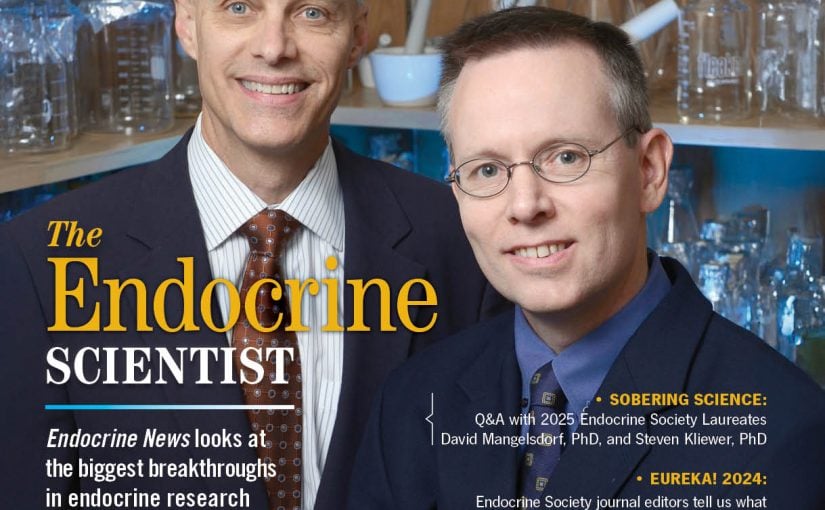People who have suffered a severe burn injury may also see adverse effects on their bone health, according to a study recently published in the Journal of Clinical Endocrinology & Metabolism.
Burn injuries are already known to set off a massive stress response, researchers led by Christian Muschitz, MD, of the Medical University of Vienna in Austria, note, “with heightened serum levels of acute phase proteins, cortisol levels, catecholamines and insulin resistance.” They also point out that burn victims tend to be vitamin D deficient, and children who have suffered severe burns have experienced growth delay and increased fracture incidence. However, the authors write, concrete investigations looking at how severe burns affect bone health are scarce.
So the team set out to look at the short- and long-term effects of severe burn injuries on serum bone turnover markers (BTM) and regulators of bone metabolism. They evaluated 32 male patients with a median age of 40.5 years and a median burned total body surface area (TBSA) of 40% (83% of patients with full thickness burn injury), and compared the early effects (2-7 days) to the prolonged effects (7-56 days) of the burn trauma’s changing of BTM and bone metabolism.
The researchers found that all the BTM and regulators of bone metabolism they were investigating changed significantly. CTX, P1NP, sclerostin, DKK-1, BALP, FGF23 and iPTH levels all increased in the early phase, while whereas 25-OH vitamin D, albumin, serum and ionized calcium levels decreased. “Changes of OPG, OCN and phosphate were less pronounced, but remained significant,” the authors write.
In the prolonged phase,” they continue, “changes of P1NP were most pronounced, followed by elevated sclerostin, OCN, BALP, and lesser changes for albumin levels. Calcium and ionized calcium levels tardily increased and remained within the limit of normal. In contrast levels of iPTH, FGF23, CRP and to a lesser extent CTX and phosphate levels, declined significantly during this phase of investigation.”
The team conclude that in male patients who have experienced a severe burn trauma, the observed ongoing changes in BTM and regulators of bone metabolism point to adverse changes on bone quality and structure. However, they were careful to say that they could not make any definitive statements on how female patients would respond to the same injuries.

